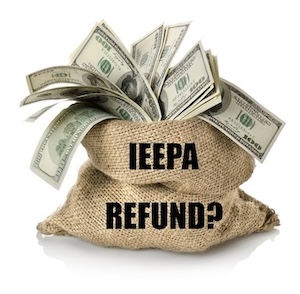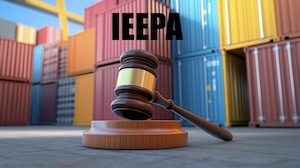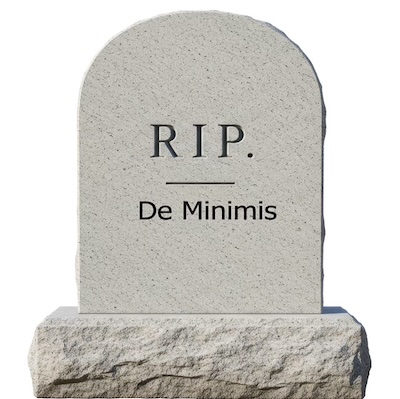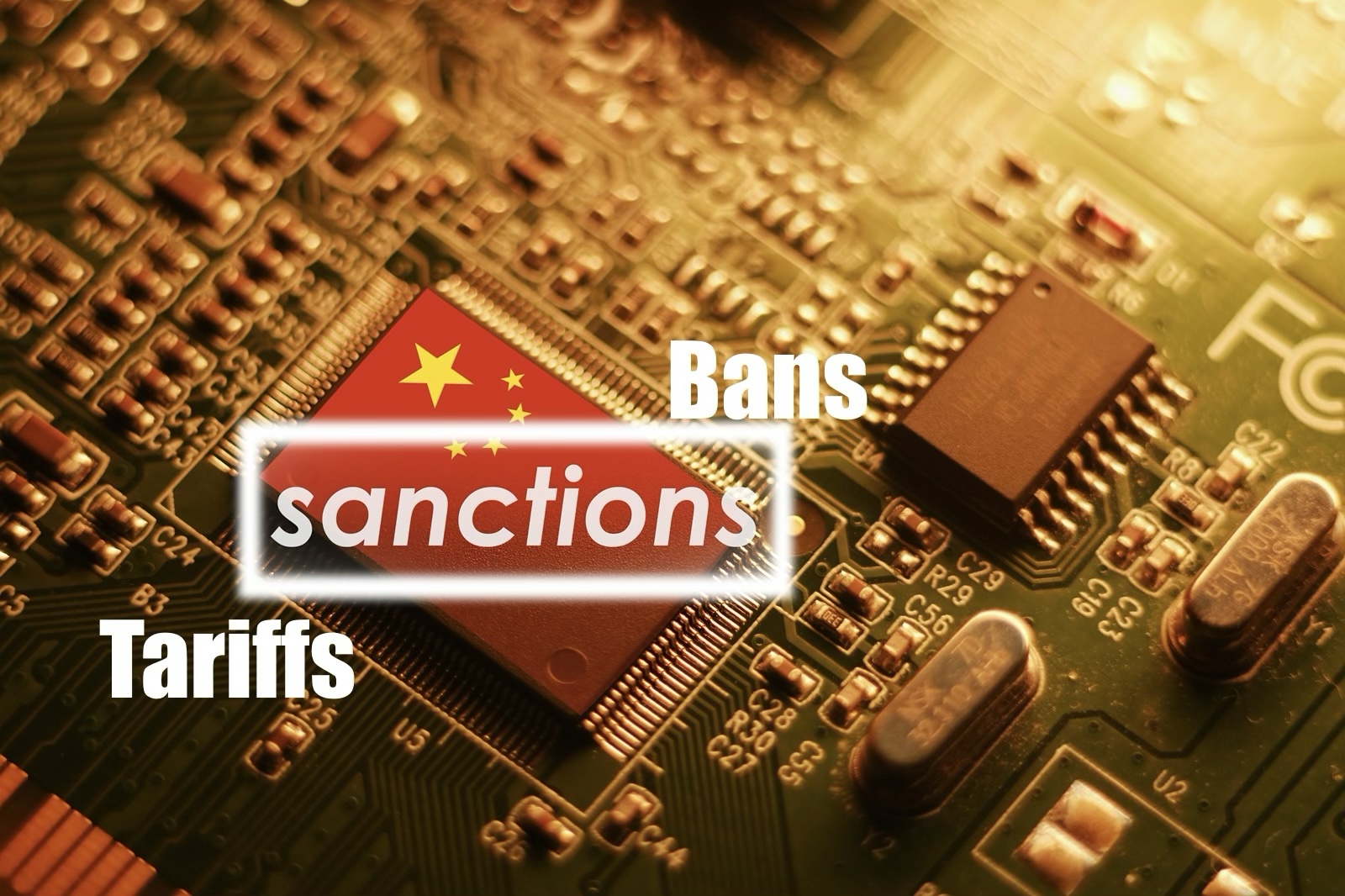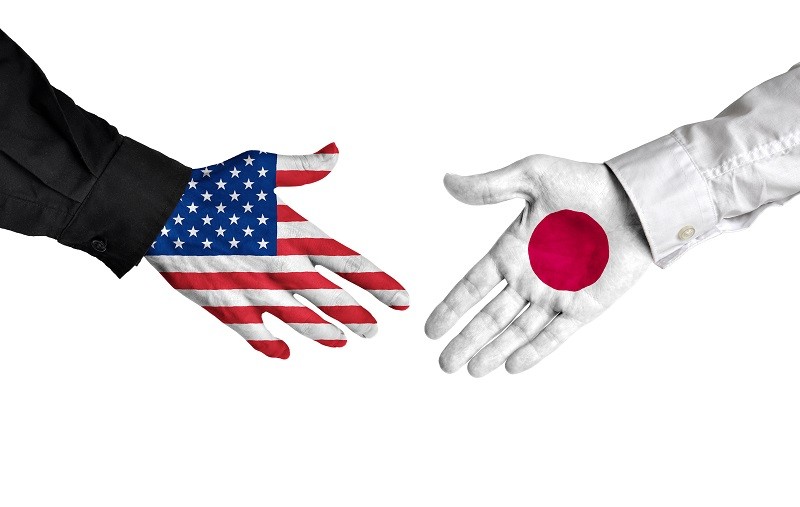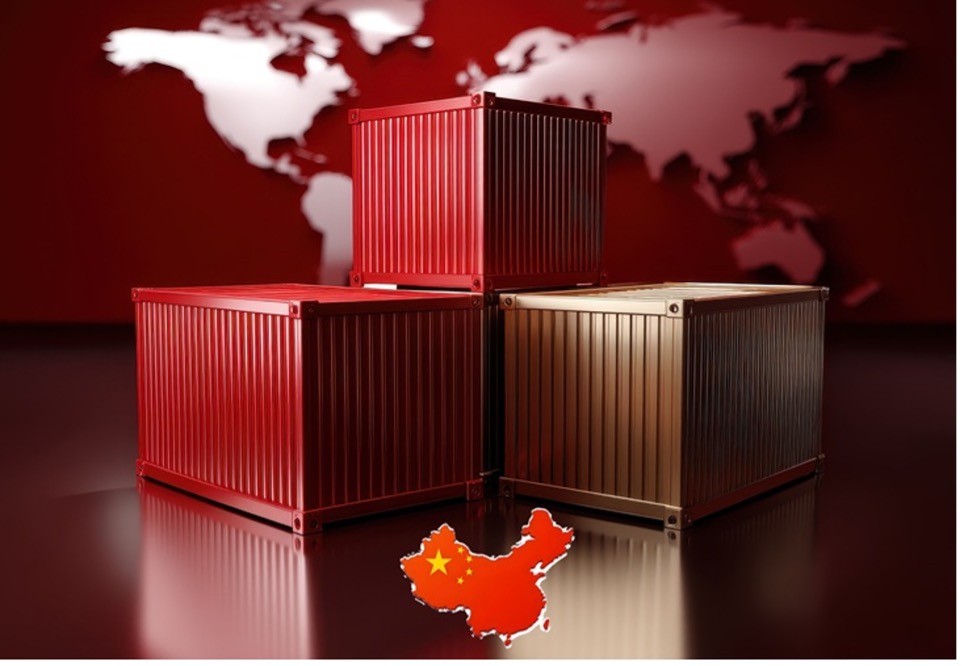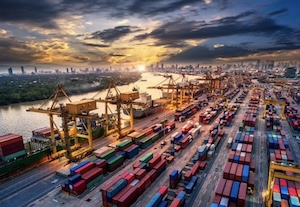
China’s Global Port Investments – It’s About Control and the Reshaping of Trade Flows
China owns outright or has majority control in 17 overseas ports globally, according to recent estimates. However, its broader footprint is much larger with 129 port projects worldwide that involve Chinese investment, construction, or operational control. 115 of these are active, spanning every continent except Antarctica, which is next.



